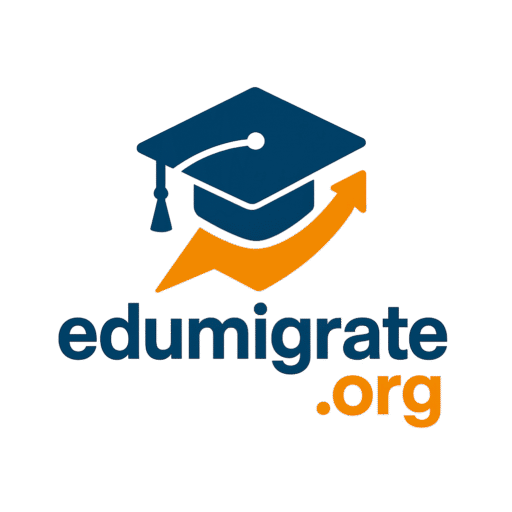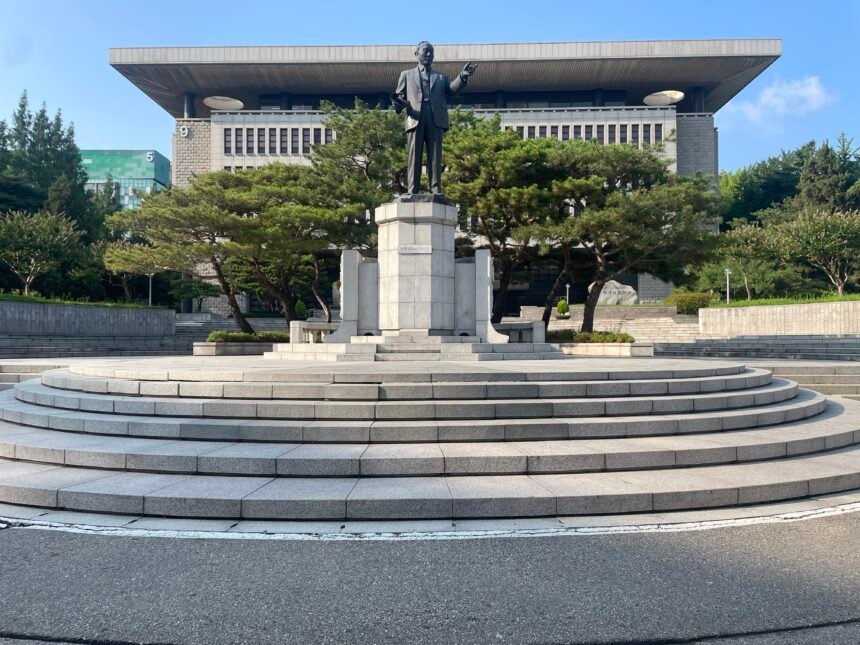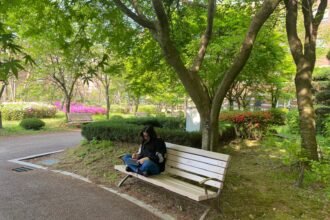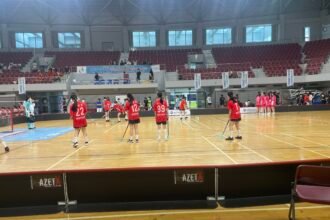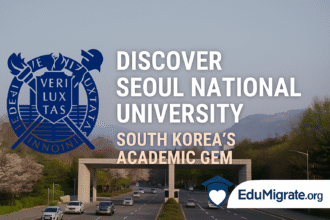Konkuk University, nestled in the vibrant heart of Seoul, South Korea, stands as a prominent private institution with a history stretching back to its founding as Chosun School of Politics in 1946. Over the decades, it has evolved into a comprehensive university, gaining recognition for its academic offerings, campus environment, and a notable alumni network that includes figures in entertainment and various professional fields.
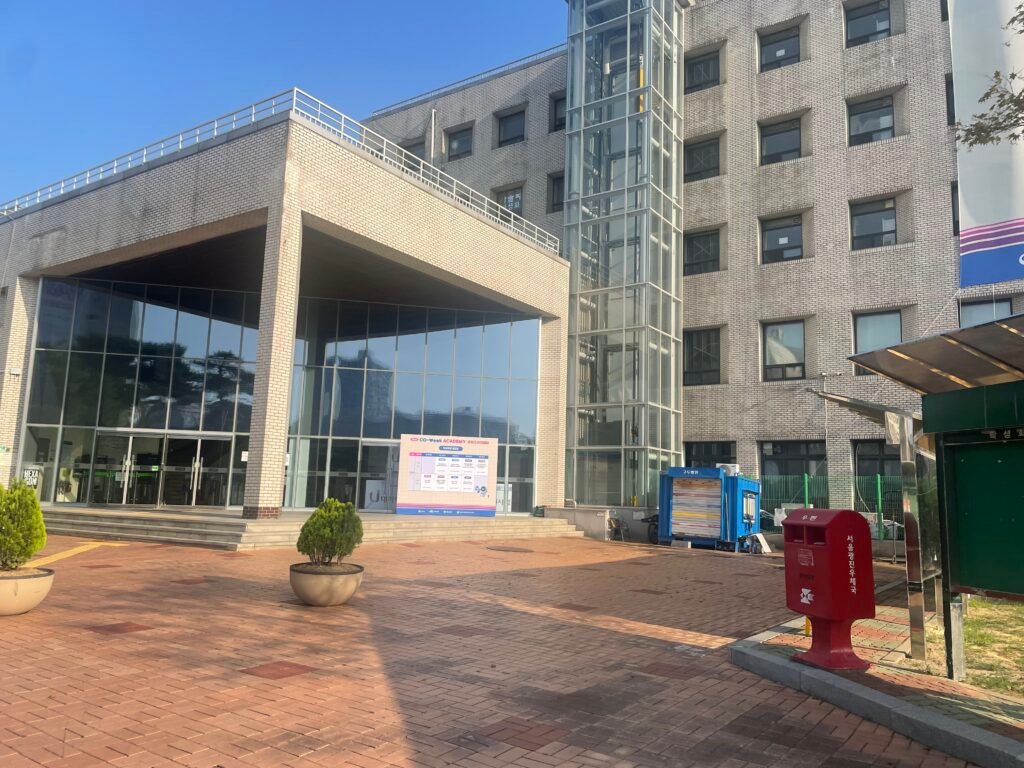
Academic Profile and Strengths
Konkuk University offers a broad spectrum of programs across undergraduate and graduate levels, spanning fields like engineering, natural sciences, business, humanities, social sciences, and the arts. While it maintains a wide range of disciplines, it has particularly distinguished itself in areas such as:
- Agricultural and Life Science Research: Historically, Konkuk has been a leader in this domain, with strong research capabilities and a focus on innovation. This includes areas like biotechnology, applied microbiology, and veterinary medicine.
- Real Estate Studies: Konkuk was a pioneer in establishing both undergraduate and graduate programs in real estate studies in Korea, even boasting a dedicated building for the department, funded by alumni.
- Engineering: The university has invested significantly in its engineering facilities, with new buildings designed to enhance research and educational capacities.
- International Outlook: Konkuk has made a concerted effort to foster a global education environment. It offers various degree programs and courses in English, actively attracting a diverse international student body. This is further supported by numerous partnerships with universities worldwide, facilitating exchange programs and international collaborations.
Rankings, while always subject to change, generally place Konkuk University within the top tiers nationally and within respectable ranges globally. It consistently appears in the 501-800 range in major international rankings like QS World University Rankings and Times Higher Education (THE) World University Rankings, reflecting its solid academic standing and research contributions.

Campus Life and Environment
Konkuk’s main campus in Seoul is often praised for its blend of modern architecture and inviting green spaces, creating a conducive environment for learning and student life. Key features include:
- Ilgam Lake: This large artificial lake is a centerpiece of the campus, offering a picturesque setting for relaxation and a distinctive campus landmark.
- Sanghuh Memorial Library: Once among the largest libraries in Asia, it remains a significant resource for students and researchers.
- Modern Facilities: The university boasts state-of-the-art laboratories, sports complexes, and student dormitories, including the KU:L House, a large, modern on-campus housing facility.
- Vibrant Student Activities: With over 70 active student clubs and organizations covering a wide array of interests, from academics and culture to sports and volunteer work, Konkuk offers a dynamic student life. Regular cultural events and festivals contribute to a strong sense of community.
- Location: Situated near Konkuk University Station, the campus enjoys excellent public transportation access and is surrounded by a lively urban area known for its fashion, dining, and entertainment options, making it a popular spot for both students and locals.
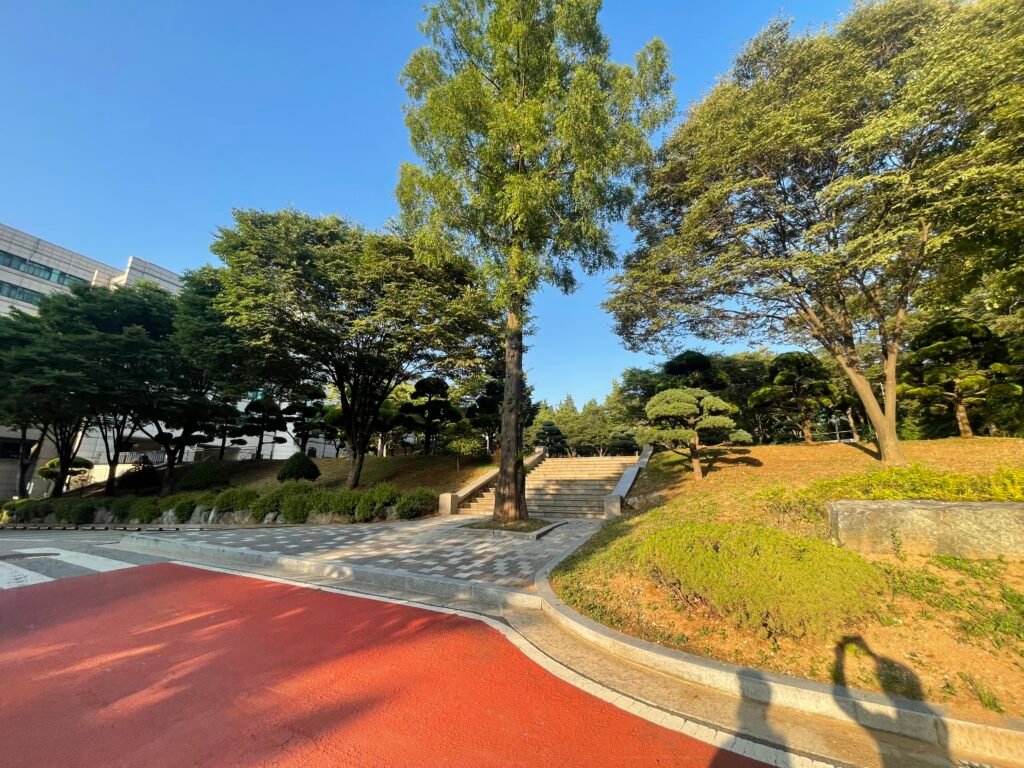
Support for International Students
Konkuk University demonstrates a strong commitment to its international student population, which makes up a significant percentage of its total enrollment. The Office of International Affairs (OIA) plays a pivotal role in supporting foreign students, faculty, and researchers. This support encompasses various aspects:
- English-Taught Programs: The availability of courses and even full degree programs taught in English is a major draw for international applicants.
- Language Institute: The Konkuk Language Institute offers Korean language programs for international students, allowing them to immerse themselves further in Korean culture and improve their linguistic skills.
- Student Services: Dedicated services are in place to assist international students with academic concerns, visa processes, housing, and general adjustment to life in Korea.
- Mentorship Programs: Opportunities for international students to connect with Korean peers through mentorship programs help facilitate social and cultural integration.
- Scholarships: Konkuk participates in significant scholarship programs like the Global Korea Scholarship (GKS), which provides comprehensive funding for eligible international students, often covering tuition, living expenses, and language training. The university itself also offers internal scholarships.

Research and Innovation
Konkuk University has consistently emphasized research and innovation, establishing numerous research institutes and centers that conduct cutting-edge work across various disciplines. The Research and University-Industry Cooperation Foundation actively promotes collaborations between academia and industry, fostering the development and dissemination of new knowledge and technologies. The university has also been recognized for its contributions to high school education and its initiatives in fostering startups.
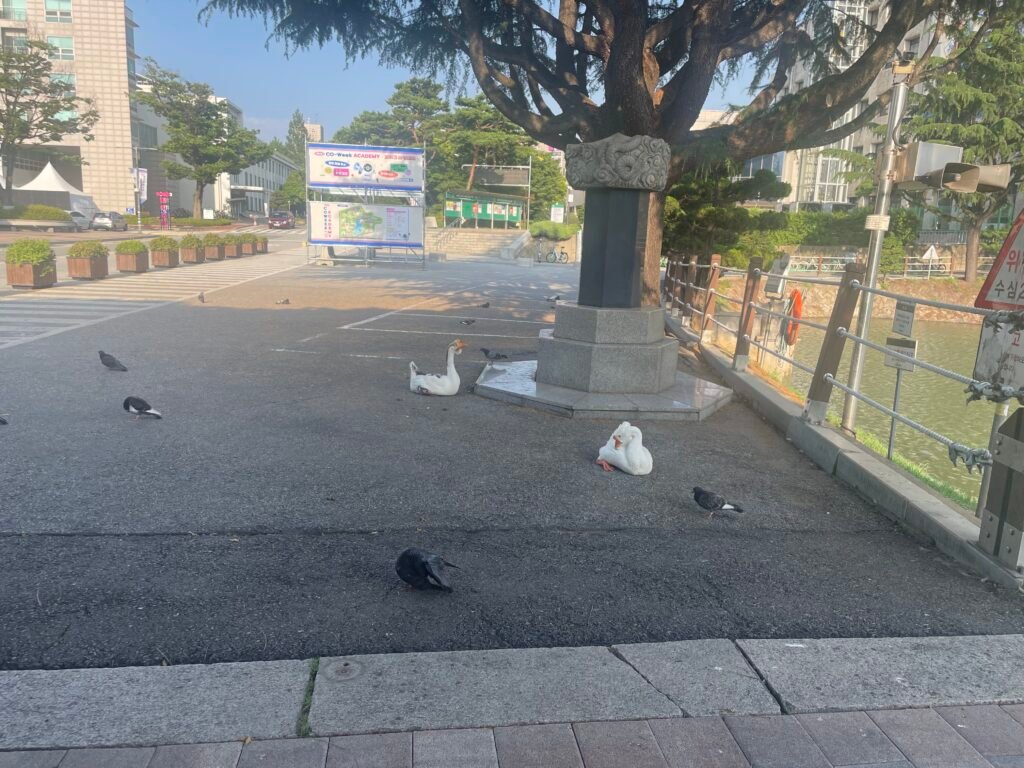
Areas to Consider
While Konkuk offers a robust experience, prospective students might consider:
- Language Barrier outside Campus: While English-taught programs are available, daily life beyond the university grounds in Seoul will heavily involve the Korean language. International students often highlight the importance of learning basic Korean for a smoother experience.
- Competitiveness: As a reputable university in Seoul, admission to certain popular programs can be competitive.
- Specific Program Details: For any program, it’s crucial to delve into the specific curriculum, faculty expertise, and research opportunities to ensure alignment with individual academic and career goals.
One of the university’s main holistic admissions tracks, “KU Self-Recommendation,” will admit 830 students, an increase of 35 compared to last year. This selection involves a two-stage process: document screening using the student’s school records, followed by an interview for shortlisted candidates (three times the number of available slots). The number of applicants progressing to the interview stage has risen by 105. The KU Self-Recommendation track does not require CSAT (Korean college entrance exam) scores, nor does it involve submitting a personal statement, in accordance with new fairness regulations in college admissions.
Other holistic admissions tracks, including those for social integration, low-income applicants, students from rural areas, graduates of specialized high schools, and employed graduates from vocational high schools, are based solely on a combination of document screening (70%) and academic performance (30%), without interviews.
The KU Regional Balance track, a grade-based admissions process, will accept 342 students. This track evaluates 70% based on high school grades and 30% on document review, with no CSAT requirements. The document screening focuses exclusively on the “academic performance and progress” section of the high school records.
Applicants for the KU Regional Balance track must have completed at least five semesters of high school in Korea and be recommended by their school principal.
Students interested in applying through KU Self-Recommendation or KU Regional Balance can access the “KU Student Record-Based Admissions Guidebook” on the university’s admissions website. The guidebook includes explanations of evaluation criteria and procedures, success stories of previous applicants, sample interview questions by department, career counseling tips from high school teachers, and frequently asked questions.
The “KU Essay-Based Admissions” track will admit 434 students, based entirely on essay scores. This track does include CSAT minimum requirements. Notably, the minimum CSAT criteria for humanities applicants has been relaxed this year—from a combined score of 4 across two subjects to 5. Requirements for science and veterinary medicine applicants remain unchanged. The science essay section now includes “Geometry”, with a total of four questions drawn from subjects including Mathematics I & II, Probability and Statistics, and Calculus.
The university’s admissions office provides online essay tutorials via its official website and YouTube channel. Even students who didn’t take the practice essay exam can access sample questions through the KU Essay Guidebook.
In the talent-based admissions track, the Department of Film and Video, which was restructured, has been divided into the Department of Visual Studies and the Department of Media Acting. The latter will admit 25 students under the KU Acting Talent category. In sports talent admissions, KU will admit 13 students: 8 in baseball, 3 in tennis, and 2 in track and field.
Interview dates for this year are scheduled for October 28 and December 2–3. On October 28, interviews will be conducted for sports talent applicants. On December 2, interviews will take place for KU Self-Recommendation applicants in the Colleges of Science, Architecture, Engineering, Social Sciences, Business, Real Estate Studies, and Education. On December 3, interviews will be held for applicants to the Colleges of Humanities, Convergence Science and Technology, Life Sciences, and Veterinary Medicine, as well as for students with special education needs.
